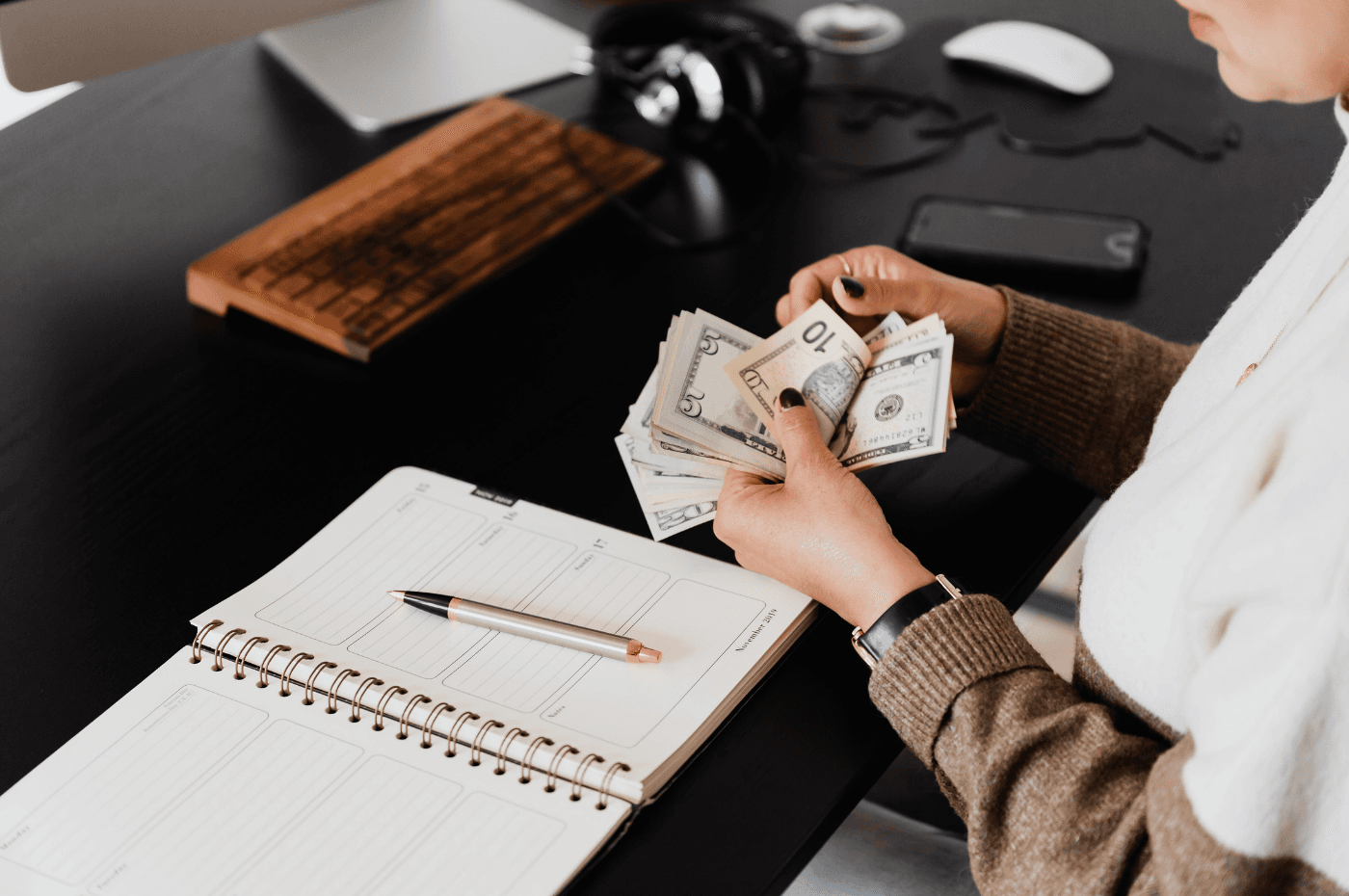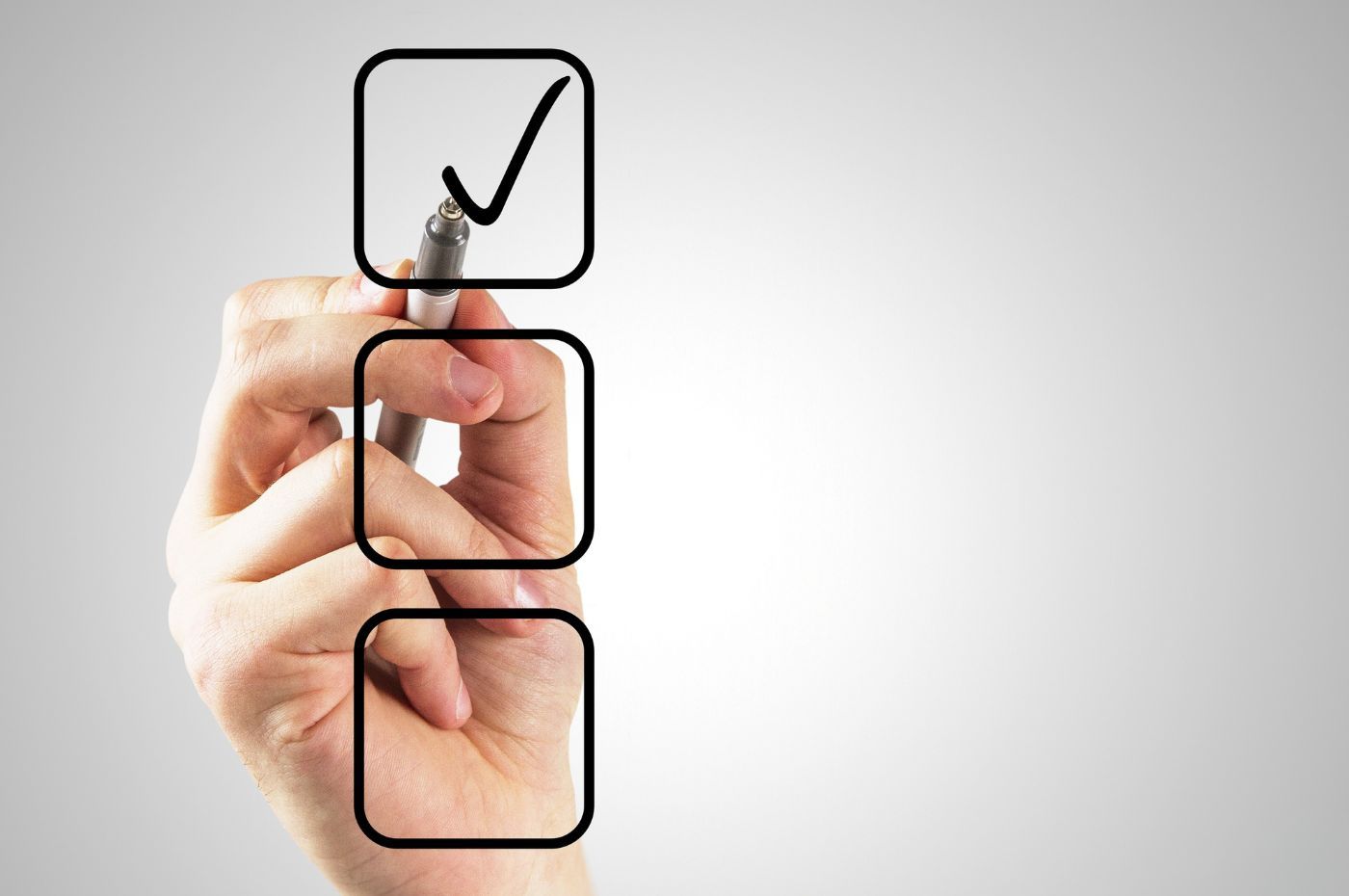Many first-time homebuyers often underestimate the full range of costs involved in purchasing a property. However, by carefully calculating costs and setting aside funds for unexpected expenses, you can approach your home buying journey with confidence and peace of mind.
Buying a home involves multiple steps, each of which requires financial investment. This underscores the necessity of establishing a detailed budget before you start the process. It would be unfortunate to find yourself halfway through the process without enough funds to pay for essential services like a building inspector, appraiser, or notary.
Every detail matters in the home buying process! To help you manage these expenses, we’ve prepared an article outlining 10 important costs to consider when purchasing a property.
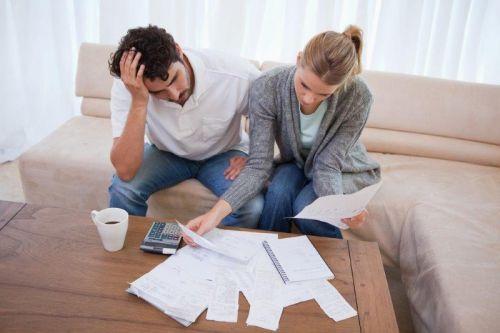
1. Down payment
The down payment is a key component of the costs associated with purchasing a home. In Quebec, obtaining a mortgage requires you to make a down payment.
If you’re planning to buy a property, it’s essential to have at least 5% of the purchase price as a down payment. For instance, for a $300,000 home, this means a down payment of $15,000. To avoid mortgage insurance, you’ll need to provide 20% of the purchase price, which amounts to $60,000 for a $300,000 property.
Not everyone has this kind of money readily available, but there are several alternatives to help you save for a down payment. For example, some municipal programs offer interest-free loans of up to 5% of your home’s purchase price.
Additionally, you can access your RRSPs through the Home Buyer’s Plan, utilize the First Home Savings Account (FHSA), or consider reaching out to a bank for a loan or personal line of credit. Understanding your options can greatly enhance your home buying experience.
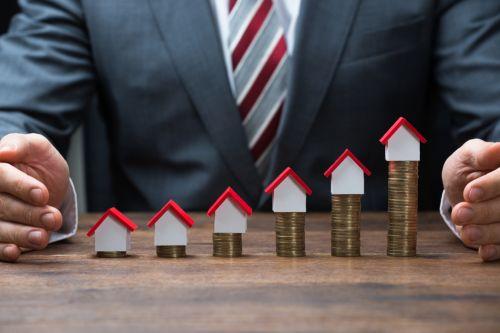
2. Mortgage Loan Insurance
In Quebec, the Canada Mortgage and Housing Corporation (CMHC) and Sagen are the primary providers of mortgage loan insurance.
If your mortgage exceeds 80% of the property’s purchase price, mortgage insurance becomes mandatory. This insurance protects your lender by ensuring they can recover their investment if you’re unable to make your loan payments and lose your home. It’s an essential expense that many buyers often overlook when planning their budget.
The mortgage loan insurance premium charged by the CMHC is calculated as a percentage of the loan amount and varies according to the size of your down payment. To get an idea of your potential loan and the associated insurance costs, you can use the CMHC calculator.
Additionally, if you decide to purchase or build an energy-efficient home, you may qualify for a premium rebate of up to 25%, which can help reduce your overall costs.
The table below outlines the CMHC insurance premium percentages applied to the total loan amount based on your loan-to-value ratio:
| Loan-to-value | Premium on total loan | Premium on increase to loan amount for portability |
|---|---|---|
| Up to and including 65% | 0.60% | 0.60% |
| Up to and including 75% | 1.70% | 5.90% |
| Up to and including 80% | 2.40% | 6.05% |
| Up to and including 85% | 2.80% | 6.20% |
| Up to and including 90% | 3.10% | 6.25% |
| Up to and including 95% | 4.00% | 6.30% |
3. Notary fees
Once you’ve found the property you want to buy, it’s time to hire a notary, who plays a crucial role in ensuring the legality and security of your real estate transaction.
Notary fees for purchasing a house are typically around $1,200. Additionally, you’ll need to budget for processing fees of about $500, depending on the property’s value.
As a public officer, the notary acts impartially, ensuring that every aspect of the real estate transaction complies with the law. While there are costs associated with hiring a notary, this investment is essential for avoiding potential administrative or financial issues down the line.
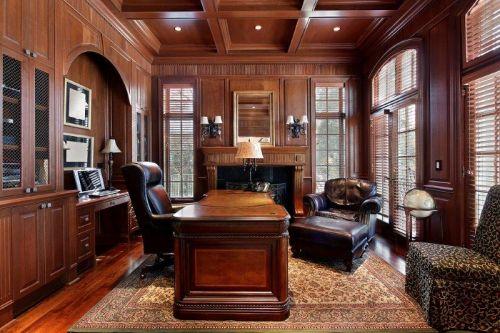
4. Pre-purchase inspection fees
Before finalizing your home purchase, it’s crucial to assess the property’s actual condition. This inspection typically takes place after you submit a purchase offer and the seller accepts it. At this point, you’ll need to hire a building inspector to ensure the home complies with all necessary standards.
Inspection fees generally range from $650 to $800 for a single-family residential property. Regardless of the price, the inspector will typically dedicate about 8 hours to the process. This includes travel time, a thorough inspecting the home, analyzing photographs, conducting additional research, and preparing the inspection report. This investment is vital to avoid any unwelcome surprises after your purchase.
5. Appraisal fees
In some cases, your financial institution may require a home appraisal before approving your mortgage loan. Alternatively, you might choose to hire a certified appraiser to make sure you’re paying a fair price for the property.
During the appraisal, the appraiser will visit the home to assess its dimensions, materials, and overall conditions, taking into account factors like the property’s age, location, and the local economic climate.
For a single-family home, appraisal fees typically range around $650. It’s essential to budget for this expense as part of your overall home-buying costs to ensure a smooth purchasing process.

6. GST/QST for new-build houses
When purchasing a new home or a property that has undergone significant renovations, you’ll need to pay consumption taxes, specifically the Goods and Services Tax (GST) and the Quebec Sales Tax (QST). These taxes typically amount to around 15% of the purchase price, which can be a significant expense in a transaction involving several hundred thousand dollars; approximately $45,000 for a $300,000 home.
The good news is that you may be eligible for a partial refund of these taxes under certain conditions. Specifically, you can receive up to 36% of the GST, with a maximum refund of $6,300, and up to 50% of the QST, capped at $9,975.
However, keep in mind that if the purchase price of the home exceeds $450,000, you won’t qualify for a partial GST refund. Similarly, for the QST, the property must be valued at $300,000 or less to receive a refund. For more details, you can visit the Revenu Quebec website.
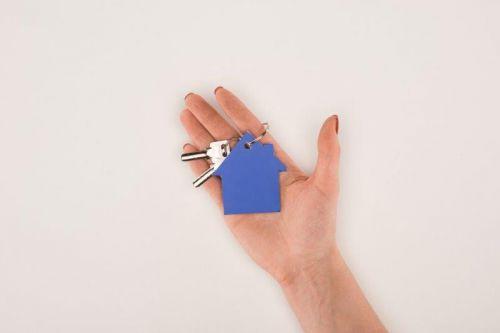
7. Property transfer duties
Property transfer duties, also known as the welcome tax, are based on the purchase price of your home and are collected by the municipality where the property is located. You’ll receive an invoice for these duties about 3 to 6 months after finalizing the real estate transaction at the notary’s office. Once you receive this notice, you have 30 days to pay the amount owed.
In Quebec, the property transfer duties are calculated as follows:
- 0.5% on the first $51,700.
- 1% on the portion of the purchase price between $51,700 and $258,600.
- 1.5% on the portion exceeding $258,600.
In Montreal, the rates are slightly higher for properties price over $500,000:
- 1.5% on the purchase price between $258,600 and $517,100.
- 2% on the purchase price between $517,100 and $1,034,200.
- 2.5% on the purchase price between $1,034,200 and $2,000,000.
- 3% on the purchase price over $2,000,000.
To estimate your property transfer tax, you can use an online calculator. Note that since 2019, many cities have adjusted their welcome tax percentages based on property value, so it’s advisable to contact your local municipality for the exact amount due.
8. Municipal and school tax adjustment
As a homeowner, you’ll need to pay municipal and school taxes annually. However, when purchasing a home, it’s important to consider that the seller may have already paid a portion of these taxes for the year. This is where a tax adjustment comes into play.
The notary will calculate the necessary adjustment, which will be added to your total closing costs. For reference, the municipal and school-tax amount can vary by municipality, but typically, they may range around:
- $400 for a home valued between $200,001 and $300,000.
- $530 for a home valued between $300,001 and $400,000.
After the purchase you’ll receive annual tax bills within the first three months of the year, and you’ll have various payment options available.
Keep in mind that the previous figures are estimated, as the actual calculated rates depend on the specific municipality.

9. Moving expenses
Did you know that moving is one of life’s top ten most stressful events? It involves relocating all your belongings from one place to another, which can be quite a challenge. If you’re fortunate enough to have friends and family to help, you might only need to rent a truck for the day.
However, if your support team is limited and you have a lot of furniture and appliances to transport, hiring a moving company can alleviate some of that stress.
If you plan to move during the summer, especially on July 1st, it’s wise to book your moving service well in advance, as prices can be significantly higher during peak times.
Rental companies often offer moving trucks for around $20 to $40 per hour. If you opt for a moving company, expect rates between $85 and $110 per hour for a truck and two movers. Typically, moving companies will also charge a flat rate based on the number of rooms, the required number of movers, and the distance of the move.
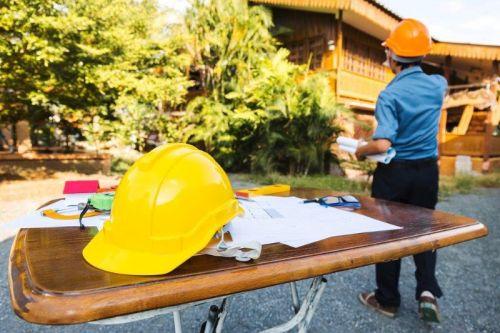
10. Home insurance, condominium fees, condominium fees and other related expenses
When budgeting for your new home, it’s important to also consider a variety of ongoing expenses that can vary significantly.
Home insurance
The cost of your annual home insurance will depend on several factors including the size of the house, the value of the items to be insured, and the type of property you’re buying. To get an estimate, consider asking the seller for their current policy or obtaining quotes from insurance companies online.
Condominium fees
If you’re purchasing a condominium, be sure to inquire about the condominium fees. Request a copy of the condominium charter, which outlines the rules and the specific fee structure. Understanding these costs upfront is crucial to avoid surprises later.
Renovation costs
Regardless of whether you’re buying a single-family home or condo, it’s wise to investigate any planned renovations. Make sure to ask about any upcoming projects or assessments that could impact your finances after you move in. For instance, a roof renovation in a condominium can range from $3,000 to $10,000, which will be shared among all co-owners.
Are you ready to embark on the home-buying journey?
XpertSource.com can help you find a real estate broker. When you tell us about your project, we put you in touch with qualified resources for free. Simply fill out our form (it only takes a few minutes) and we will connect you with professionals.

